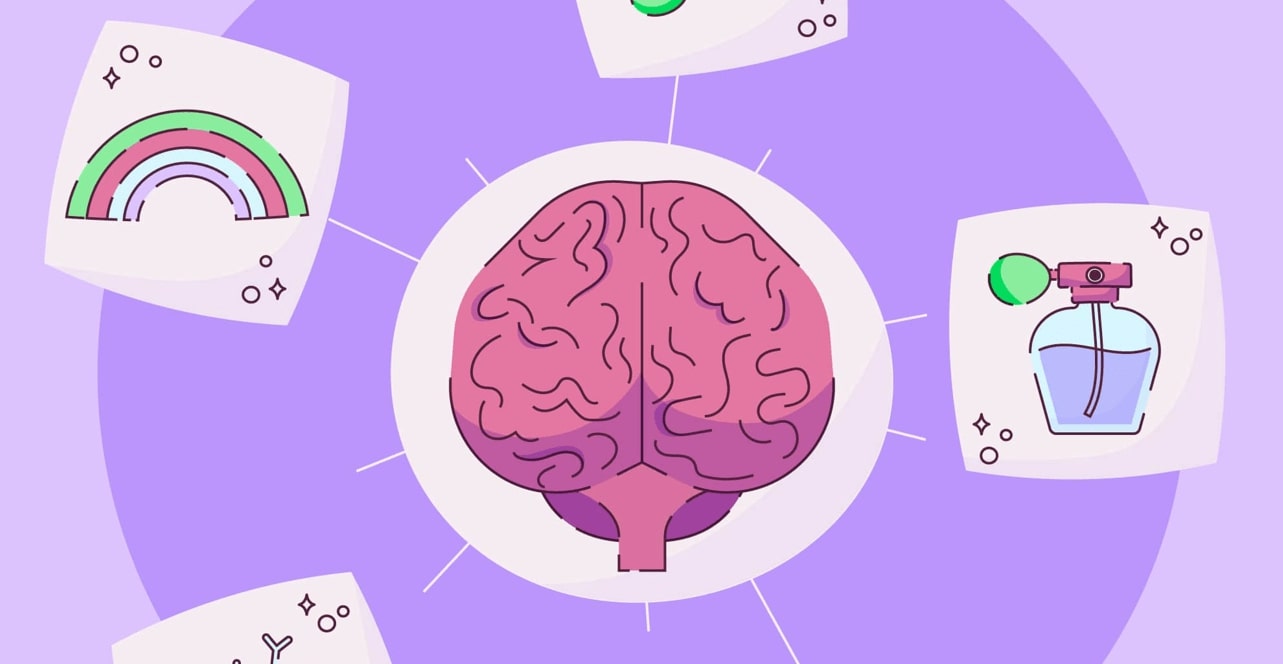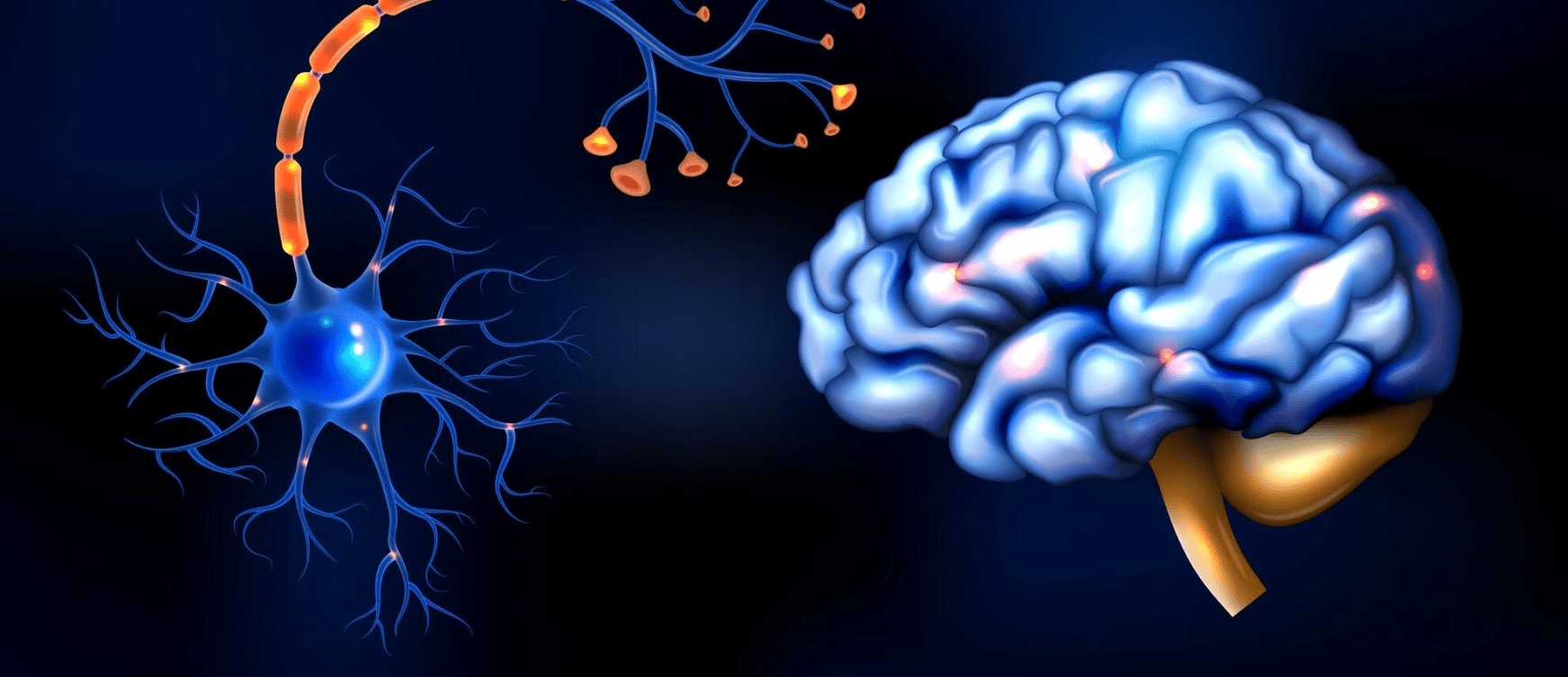Educational Games That Don’t Feel Boring

Educational Games That Don’t Feel Boring
Let’s face it - when most people think of educational games, they picture clunky apps or boring worksheets disguised as games. The truth is, education doesn’t have to feel like punishment. You can learn and have fun at the same time, and that’s exactly what makes certain games truly stand out.
If you want your brain (or your kids’ brains) to actually grow while playing, it’s all about finding games that combine challenge, variety, and a touch of playfulness. That’s where Moadly comes in. It’s a collection of short, engaging games that train your mind without feeling like homework.
Why Traditional Learning Can Be Boring
Most traditional learning is passive - you read, watch, or memorize. That’s fine sometimes, but your brain learns fastest when it’s actively solving problems. Games do exactly that:
- They make your brain think in new ways
- They provide instant feedback, so you know if you’re right or wrong
- They use repetition without feeling repetitive
When learning feels like play, motivation skyrockets. Kids stay engaged, and adults actually want to practice. That’s why gamified learning works better than sitting through a dry lesson.
What Makes an Educational Game Fun
Not every game that claims to be “educational” is actually fun. The ones that work share a few key qualities:
- Short, engaging sessions: You can play for a few minutes and still feel challenged
- Progressive difficulty: The game adapts as you get better
- Variety: Different challenges for memory, logic, language, and math
- Immediate rewards: Small wins keep you motivated
Moadly hits all of these points. Its mini-games vary from memory sequences to quick math puzzles and word challenges. Every round feels like play, but your brain is working hard behind the scenes.
Types of Educational Games That Actually Teach
Let’s break down the main types of educational games that work and what they teach:
| Game Type | Skill Trained | Why It Matters |
|---|---|---|
| Memory Games | Working memory and recall | Helps with learning, focus, and problem-solving |
| Math Games | Numerical reasoning and speed | Builds quick thinking and concentration |
| Logic Games | Pattern recognition and reasoning | Strengthens problem-solving and decision-making |
| Language Games | Vocabulary and comprehension | Improves communication and critical thinking |
| Attention & Reaction Games | Focus and processing speed | Enhances alertness and multitasking |
Memory Games That Don’t Feel Like Drills
Memory is central to learning, but memorization drills are boring. The best memory games make you recall patterns, sequences, or numbers in a playful way. Moadly uses mini-games that challenge your short-term memory while keeping the pace fun. For example, you might have to recall a sequence of tiles or numbers that flash on the screen. It’s fast, challenging, and surprisingly addictive.
If you want to see how memory training affects focus and clarity, check out this article.
Math Games That Feel Like Fun
Quick math challenges can actually feel like games rather than lessons. Moadly’s math mini-games give you a few seconds to solve problems, turning calculation into a fast-paced mental challenge. You’ll be practicing arithmetic, logic, and processing speed all at once.
For younger learners, try fun math games for 4th graders that make home practice entertaining and effective.

Logic Games to Boost Problem-Solving
Logic puzzles train your brain to recognize patterns and make strategic decisions. Moadly’s logic mini-games are short but sharp. They force you to spot sequences, relationships, or anomalies in just a minute or two. Over time, you’ll notice yourself thinking more clearly in everyday situations, not just in games.
Adults who love a challenge may also enjoy these puzzles that test reasoning and strategy without feeling like a chore.
Language Games That Strengthen Communication
Word games aren’t just for fun - they build language skills and critical thinking. Moadly’s language mini-games ask you to recognize patterns, solve word sequences, and even do quick anagrams. These short exercises improve verbal fluency and comprehension, and they’re enjoyable enough that you don’t realize you’re learning.
If you want more playful learning exercises, see this guide to learning games that actually teach.
Attention Games That Keep You Sharp
Focus is the secret behind effective learning. Games that test attention and reaction time help your brain filter distractions and process information faster. Moadly has mini-games where you respond to visual cues or time-sensitive challenges. It trains your brain to stay alert, which makes learning easier in any context.
How Often Should You Play?
The beauty of educational games is you don’t need to spend hours on them. Short, daily sessions are enough. Experts recommend 10–15 minutes a day for noticeable improvement. The key is consistency. Moadly is perfect for this - quick sessions that fit into coffee breaks or downtime.
Why Fun Matters More Than You Think
If learning feels boring, you won’t stick with it. Fun keeps motivation high, which is essential for real cognitive growth. When a game is challenging but playful, your brain releases dopamine, which reinforces learning. That’s why Moadly focuses on games that feel like play but train the mind efficiently.

Mixing Game Types for Maximum Learning
One type of game isn’t enough. A mix of memory, logic, math, and language challenges hits multiple areas of the brain. This variety prevents plateauing and ensures your cognitive skills improve in multiple ways.
You can also rotate games depending on what you want to focus on. For example:
- Morning: Quick memory game to wake up your brain
- Afternoon: Fast math challenge for focus
- Evening: Logic puzzle for problem-solving
For more ideas on building adaily brain routine, see this post on why regular brain exercise matters.
Does It Actually Make You Smarter?
While no game will instantly raise your IQ, cognitive games improve the underlying skills that make you sharper: memory, focus, processing speed, and problem-solving. That means you’ll notice improvements in real life - remembering names, solving problems faster, and staying focused longer.
If you want to learn which games improve IQ the most, check out this guide.
Final Thoughts
Educational games don’t have to be boring. The right games challenge your brain, train multiple skills, and make learning feel like play. Short, fun sessions with variety are all it takes to make a real difference in mental sharpness.
Moadly hits all the marks - memroy, math, logic, language, and attention games that are short, fun, and effective. You can play anytime, anywhere, and actually feel your brain getting stronger.
Want more ways to challenge your mind while having fun? You might also enjoy these fast-paced brain training games or explore how cognitive games really make a difference.

